1. Sewing on a Button
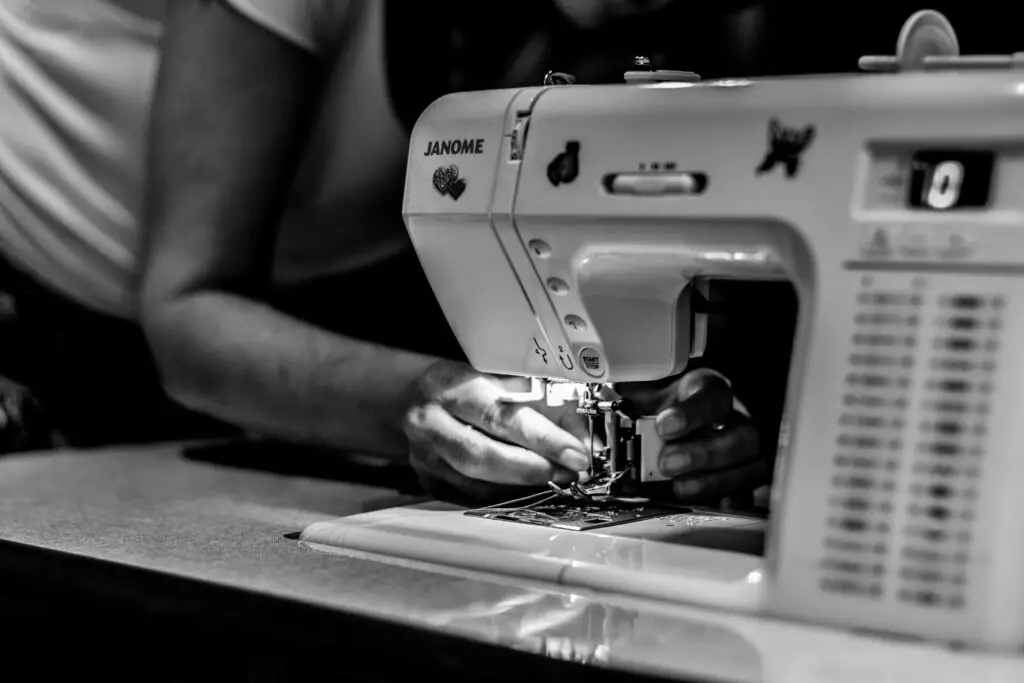
Home Ec taught us how to thread a needle and fix a button in minutes. It was a tiny skill, but it saved countless shirts and jackets from the donation pile. Nowadays, many people toss clothing out rather than mend it.
Bringing back this lesson could reduce waste and keep wardrobes lasting longer. Plus, it is empowering to know you can fix something yourself. A needle, thread, and five minutes are all it takes.
2. Cooking from Scratch
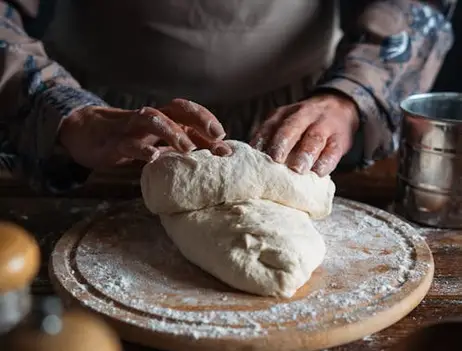
We learned how to make simple dishes like muffins, casseroles, or even just scrambled eggs. The point was not gourmet meals, but building confidence in the kitchen. Nothing compared to the pride of bringing home your first loaf of banana bread.
With fast food and takeout ruling the day, this skill is more important than ever. Knowing how to cook means healthier meals and a lighter grocery bill. A simple recipe card and a bit of practice go a long way.
3. Laundry Basics

Sorting lights and darks, measuring detergent, and learning how not to shrink sweaters—these were essential Home Ec lessons. Many kids got their first introduction to laundry right there in class. It turned what could be a mystery into a manageable task.
Laundry has only gotten easier with modern machines, but the fundamentals still matter. Clothes last longer when you know how to care for them. Bringing this back could save young adults a lot of trial and error.
4. Ironing Clothes
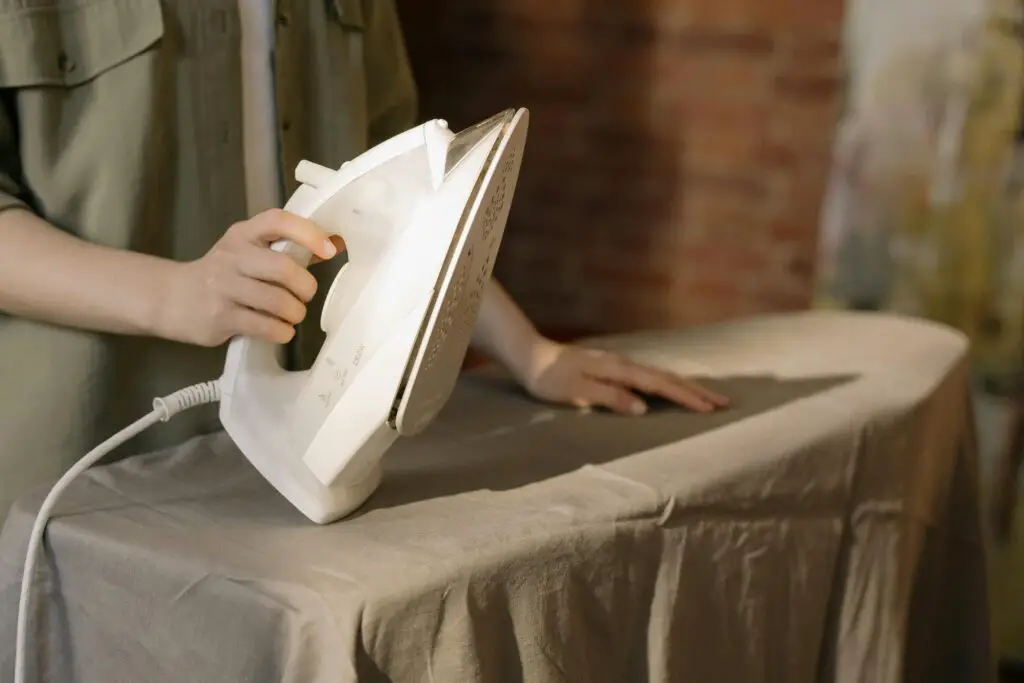
Home Ec made sure we knew the difference between pressing and ironing. Learning how to flatten out a wrinkled shirt was part science, part art. Plenty of us burned a spot or two before getting it right.
Even with today’s wrinkle-free fabrics, ironing is still a life skill. A neatly pressed outfit can make all the difference at a job interview or special event. This small touch of polish is something worth teaching again.
5. Writing Thank-You Notes

Beyond cooking and sewing, Home Ec sometimes included lessons in etiquette. Writing a proper thank-you note was a common assignment. It was about gratitude, respect, and making a personal connection.
With digital messages replacing everything, the handwritten note feels rare and special. Teaching kids to pause and put thought on paper is a valuable skill. That little card can mean more than any text message.
6. Grocery Shopping on a Budget

We were handed mock shopping lists and told to stretch a budget as far as it could go. It meant comparing prices, checking sales, and avoiding unnecessary extras. The lesson was clear: planning saves money.
In today’s economy, this is more relevant than ever. Knowing how to shop smart can mean the difference between scraping by and staying comfortable. It is a skill worth dusting off and bringing back.
7. Planning a Weekly Menu
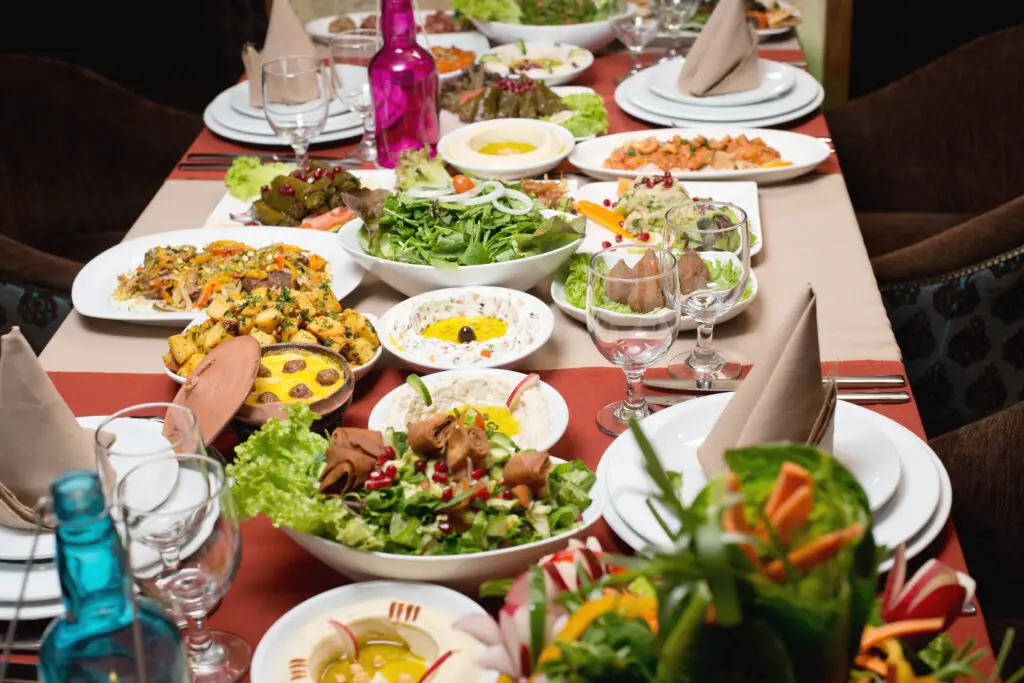
Home Ec did not stop at cooking one meal—it taught us to plan out a week of them. The exercise included balancing nutrition, budget, and variety. It was a great introduction to household management.
Meal planning saves money and reduces food waste, and it is a skill many people wish they had today. A little time with a notebook could mean fewer last-minute fast food runs. It is a habit that would help families across the board.
8. Proper Table Setting
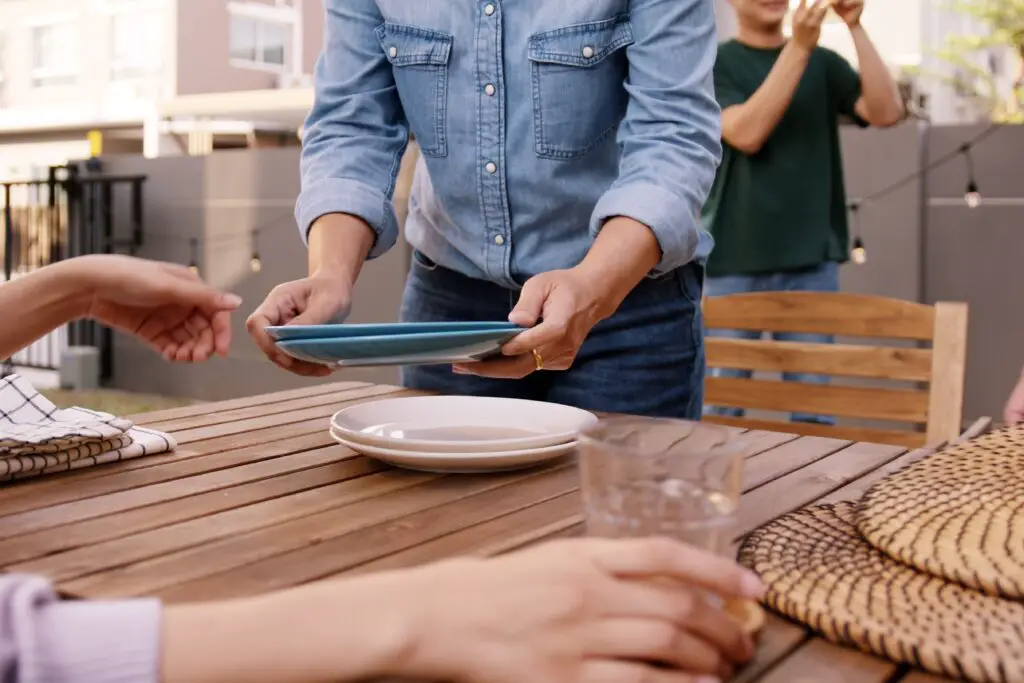
We practiced placing forks, knives, spoons, and napkins in the right spots. It seemed formal at the time, but it gave us confidence in any dining setting. Many students had fun turning a plain table into something elegant.
Even now, knowing the basics of table setting adds a touch of grace to holidays and special occasions. It is about more than forks—it is about creating a welcoming space. That kind of attention to detail is timeless.
9. First Aid Basics
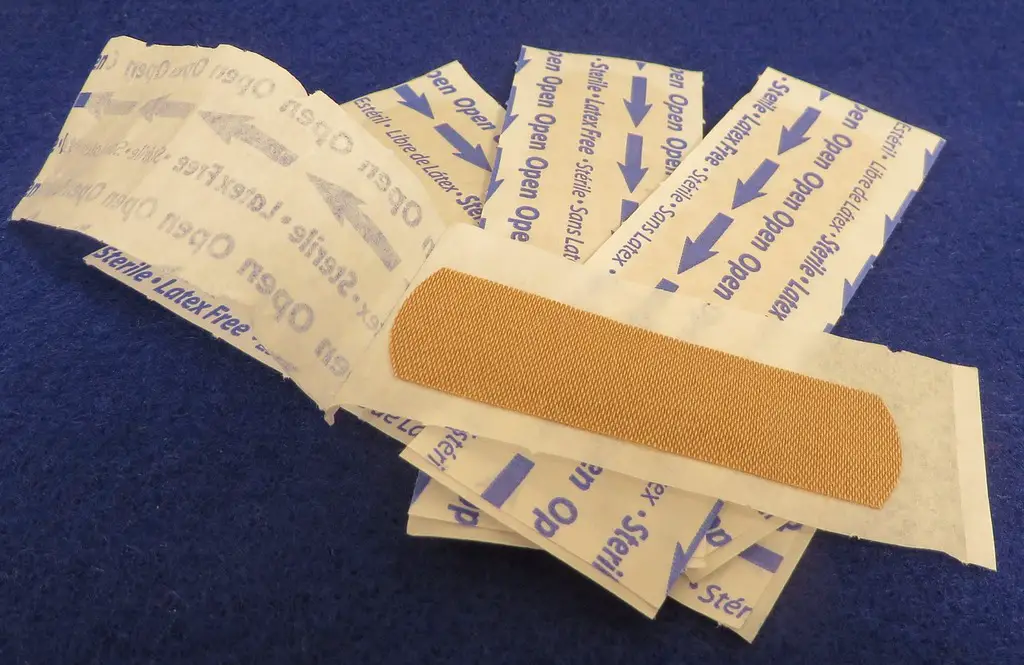
Some Home Ec classes touched on safety, including simple first aid. We learned how to clean a cut, apply a bandage, or recognize when to seek help. Those small lessons built confidence in handling everyday mishaps.
Today, kids rely on adults—or the internet—for these answers. Teaching first aid in school would empower them to react calmly and responsibly. It is a practical skill that could make a real difference.
10. Balancing a Checkbook

It sounds old-fashioned now, but balancing a checkbook taught us about money management. We tracked deposits, withdrawals, and kept everything in order. It was a hands-on way to understand where every penny went.
Even in a digital age, the principle still matters. Whether you use an app or paper, keeping track of finances helps avoid overdrafts and debt. This lesson is worth bringing back in a modern form.
11. Home Safety and Fire Drills

Home Ec sometimes covered safety beyond the classroom. We were shown how to check smoke alarms, keep cords away from heaters, and plan a quick exit. It seemed simple but gave families peace of mind.
These days, many homes take safety for granted. Reinforcing those basics could prevent accidents. It is a lesson everyone benefits from, no matter the decade.
12. Cleaning Skills
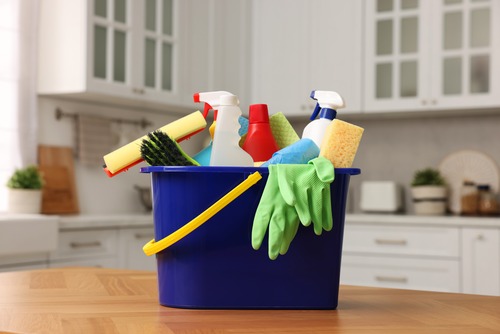
Dusting, vacuuming, and scrubbing sinks may not sound glamorous, but they were part of Home Ec. Learning how to keep a tidy home was framed as important, not optional. Many kids were surprised at how much work it actually took.
Clean spaces reduce stress and prevent health issues, making this skill as necessary as ever. A little instruction on cleaning properly could make life smoother for a lot of young people. It is the kind of lesson that pays off daily.
13. Childcare Basics
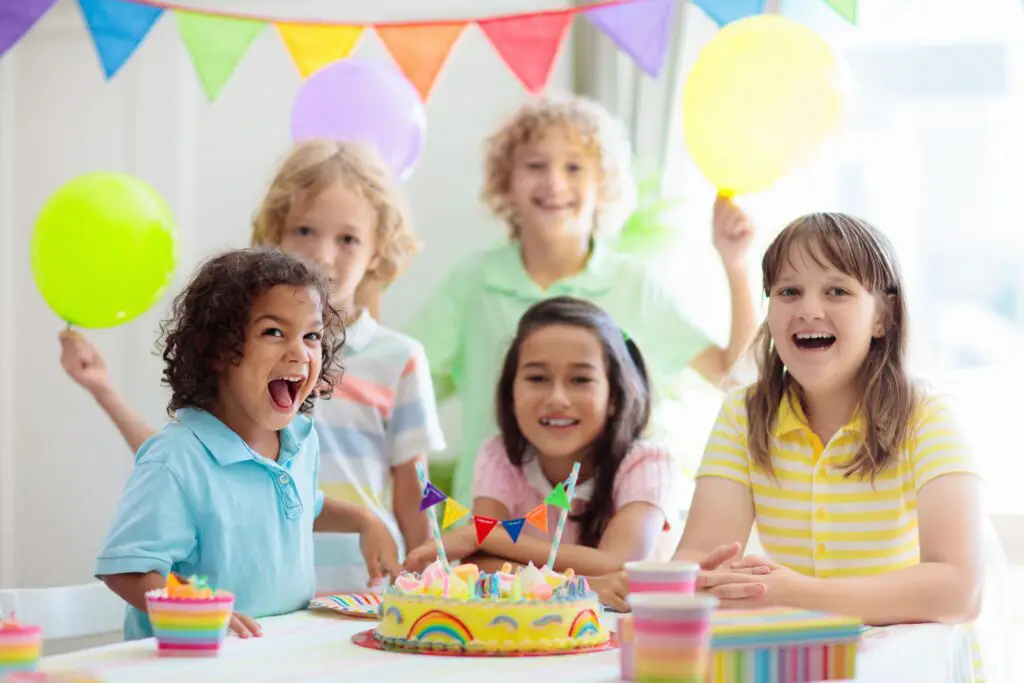
Some classes even introduced babysitting skills, from bottle-feeding to entertaining toddlers. It gave teenagers confidence for those first babysitting jobs. Parents felt better knowing their kids had been trained at school.
Teaching basic childcare again would prepare students for real life. Even those who never plan to be parents may one day babysit, volunteer, or help family members. It is one of those universal skills that never goes out of style.
14. Hosting Guests
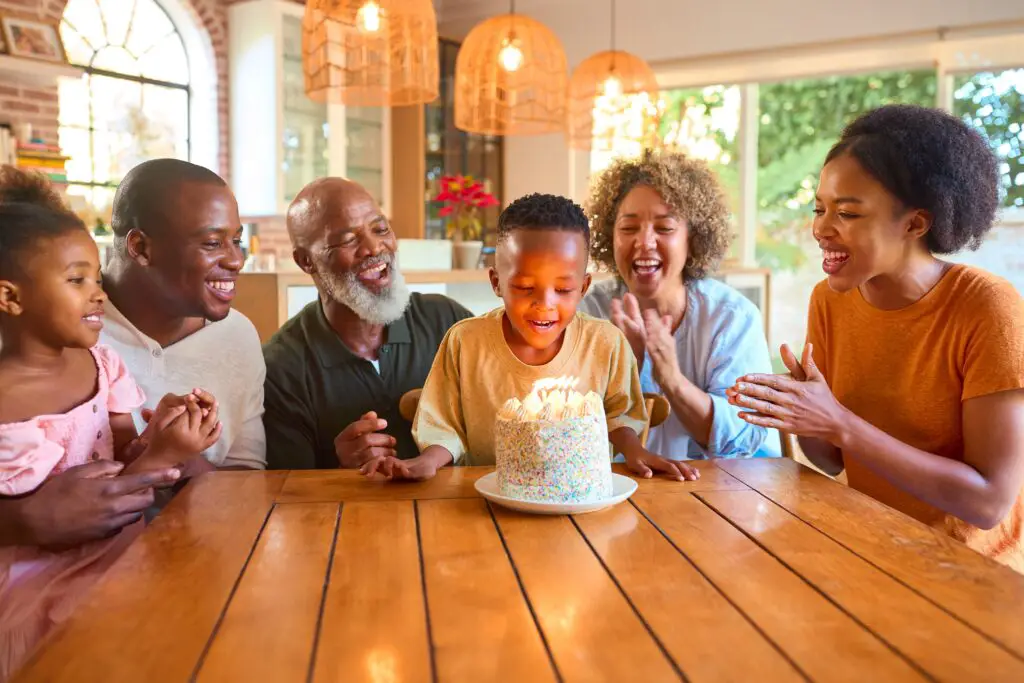
Home Ec sometimes wrapped everything together in a mock “dinner party.” Students had to cook, set the table, and welcome guests. It was a playful but useful way to build hospitality skills.
Hospitality is more than entertaining—it is about making others feel comfortable. That art seems to be fading, but it could easily make a comeback. Teaching kids to host builds confidence and thoughtfulness they carry for life.
